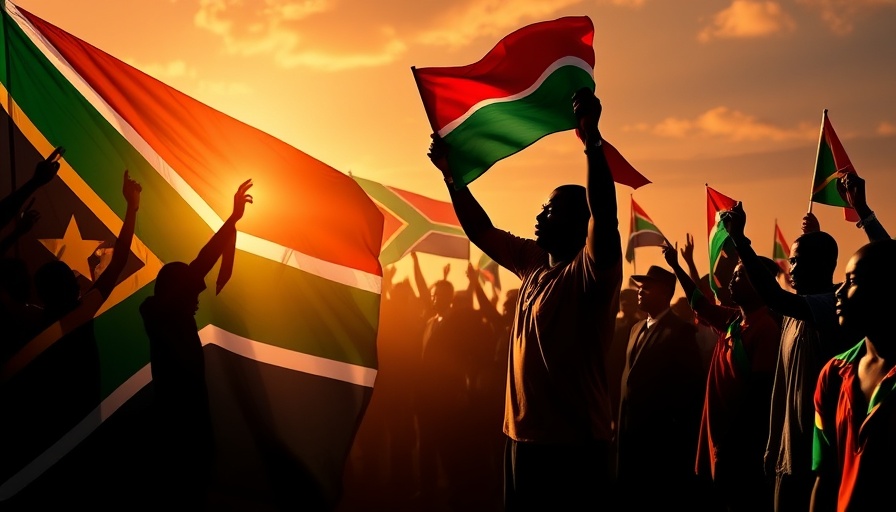
Understanding Southern Africa Liberation Day: A Historical Reflection
On March 23, Zimbabwe and the Southern African Development Community (SADC) commemorated Southern Africa Liberation Day, a day that symbolizes the sacrifices made by many for the freedoms enjoyed by current generations. This observance, first acknowledged by SADC in March 2019 at the site of the historic Battle of Cuito Cuanavale in Angola, marks a pivotal moment in the struggle against colonial oppression in Southern Africa. The battle that took place from November 1987 to March 1988 was not only a significant military confrontation but also a crucial turning point in the region's fight for independence.
The Significance of Cuito Cuanavale
Cuito Cuanavale stands out as one of the fiercest battles in African history post-World War II. It was here that the People's Armed Forces for the Liberation of Angola (FAPLA), aided by the Cuban Revolutionary Forces and the People's Liberation Army of Namibia (PLAN), successfully confronted the apartheid regime's forces. This victory was key in leading Namibia to independence in 1990 and paved the way for Nelson Mandela's release, thus reshaping the continent's political landscape. It is through such examples of unity and collective struggle that SADC fortifies its resolve against modern threats to independence.
President Mnangagwa's Call to Action
During the recent commemoration, President Emmerson Mnangagwa, Chairperson of SADC, stressed the need for regional unity in the face of emerging threats, particularly referencing the escalating instability in the Democratic Republic of the Congo (DRC). He urged the citizenry to remain vigilant and engaged in dialogue to safeguard peace and independence for all member states. The president's reflections serve not only as a reminder of the past struggles but also as a clarion call for active participation in shaping the future.
The Broader Historical Context: From Past to Present
The celebration of Southern African Liberation Day is not merely a remembrance; it is a powerful narrative connecting past struggles to current ambitions for self-determination and economic empowerment. Nations in the region must recognize that their independence came at a high price, reflecting the collective fight against oppression. Moreover, it embodies the aim to regain control over their resources and fortify their national identities against external influences.
Emerging Challenges: A Call for Digital Transformation
While the historical struggle for liberation primarily focused on political and social freedoms, today, economic empowerment is equally critical. The evolution of technology and the emergence of digital tools like AI, blockchain, and e-commerce present both opportunities and challenges to newly independent nations. These technologies can drive innovation, improve digital literacy, and promote economic growth. However, they also require robust policies to mitigate risks such as cyber security threats and the digital divide, emphasizing the importance of investing in digital skills and infrastructure.
The Role of Technology in Shaping Future Freedoms
As we look toward the future, the integration of technology into everyday life cannot be overstated. It presents a unique opportunity for Southern African nations to leapfrog traditional development barriers. For instance, innovations in fintech can facilitate digital payments and financial inclusion, while advancements in smart farming and e-learning can enhance sustainability and education sectors. Embracing these technologies can thus redefine the notion of freedom, enabling countries to achieve economic independence that complements their political freedom.
A Vision for Sustainable Growth and Unity
As SADC member states commemorate this significant day, there lies an opportunity to reflect on their shared history while forging new pathways toward sustainable growth. Unity and collaboration, both within the region and in the adoption of new technologies, are essential to combat the challenges ahead and ensure that the hard-won freedoms of yesterday inspire a prosperous, inclusive tomorrow.
In conclusion, Southern Africa Liberation Day serves as a critical reminder of the past and a motivational force for the future. The ongoing journey toward independence must include an unwavering commitment to harnessing technological advancements that can further the social and economic empowerment of all citizens.
 Add Row
Add Row  Add
Add 




Write A Comment